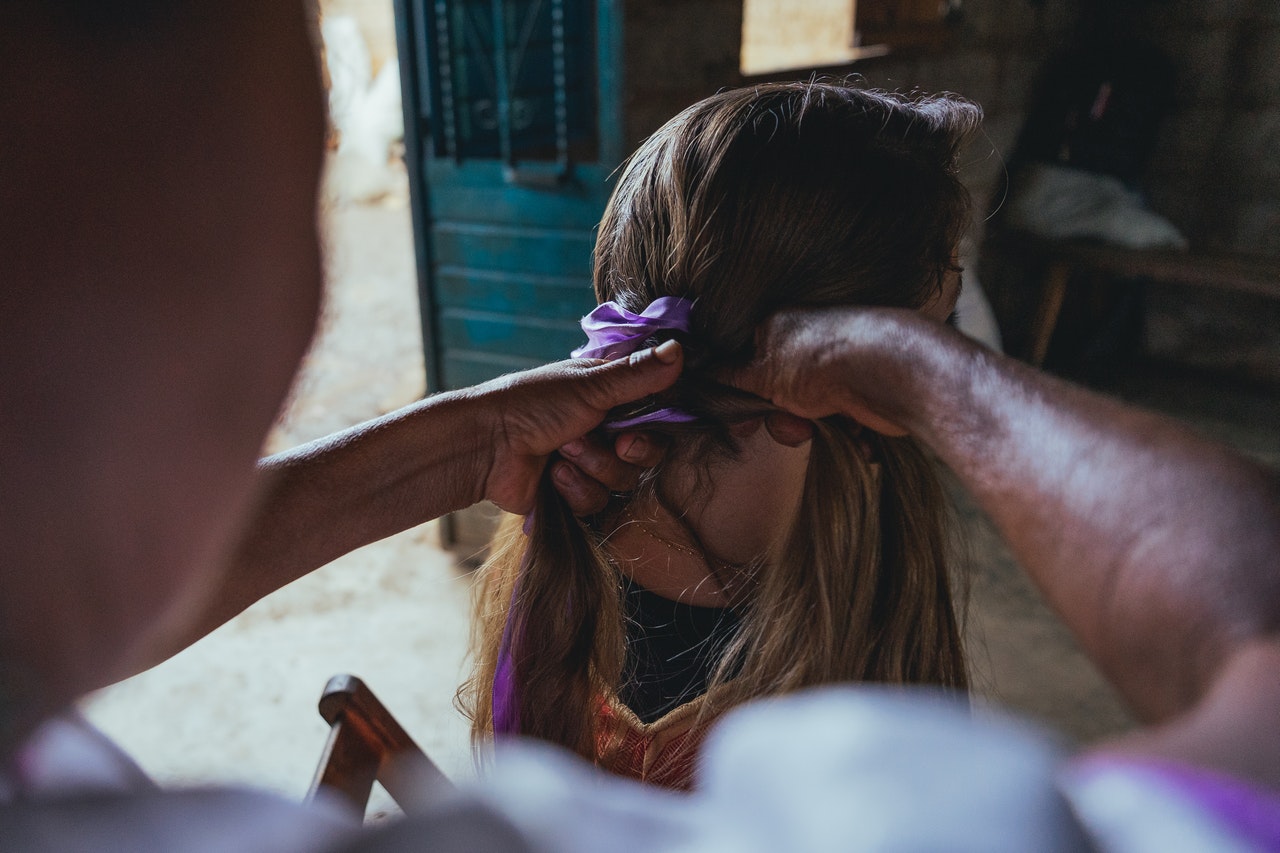
With plans to launch initially in Mexico before expanding to Colombia and Central America, fintech startup Jefa is out to do what even the most innovative challenger banks have so far failed to do: bring better financial opportunities to women in Latin America.
Company CEO and founder Emma Sanchez Andrade Smith highlights the fact that nearly 1.3 million of the world’s 1.4 million underbanked people are women. Add to this the problem that the majority of new, digitally-oriented financial institutions are focused on mature markets in Europe and the United States rather than in emerging markets. Combined, these two facts represent a major challenge for women in developing markets – and a potential opportunity for creative fintech entrepreneurs.
Jefa announced earlier this week that it has secured $2 million in seed funding to bring financial empowerment women in Latin America and the Caribbean. More than a dozen investors participated in the round, including The Venture Collective, partners of DST Global, Foundation Capital, Amador Holdings, The Fund, FINCA Ventures, Rarebreed VC, Siesta Ventures, Springbank Collective, Bridge Partners, Hustle Fund, Foundation Capital, Latitud, J20, and Magma Partners. A number of angel investors such as Daniel Bilbao, JP Duque, Ricardo Schaefer, Jean-Paul Orillac, and Allan Arguello were also involved in the financing.

Founded in 2020, and an alum of TechCrunch’s Startup Battlefield, Jefa has 115,000 women on its waitlist and the backing of Visa, with whom the firm forged a seven-year strategic partnership. The alliance will enable Jefa to launch a Visa card for the Mexican market, where more than half of the country’s women are unbanked.
“Visa believes in empowering women – from entrepreneurs to home-makers,” Visa Latin America and the Caribbean Senior Director of Fintech Partnerships Sonia Michaca said. “Financial and digital inclusion transform economies. Women, who control the lion-share of everyday household spending, should be at the core of this transformation, yet women are vastly underserved by traditional banks.”
Visa sees the partnership also as a way to help respond to growing demand for contactless payment options. A recent study led by the company underscored rising interest for contactless payments from women in Latin America, with 44% of female consumers in Brazil reporting more frequent use of contactless payments and 58% saying they would not shop at a store that did not offer them. With Jefa, women need only a government-issued ID to open a free, “no minimum balance required” account and access built-in savings apps as well as other “women-tailored features.”
“Jefa is a solution for women that empowers them with the tools they need to create a better livelihood,” Smith said. “At Jefa, we take a multifaceted approach that addresses the numerous barriers women face to entering the global economy. This includes using gender-disaggregated data to inform our product, designing distribution channels to reach women in place they trust, and providing services that are tailored to their distinct financial behavior.”
A graduate of Duke University and The London School of Economics and Political Science (LSE), Smith previously co-founded Eversend, Africa’s first neobank, in 2018. She was also the director of Togo-based Microfinance des Jeunes de Farende where she launched and ran the first microcredit organization for youth in West Africa.
FinovateEurope 2022 is right around the corner. If you are an innovative fintech company with new technology to show, then there’s no better time than now and no better forum than FinovateEurope. To learn more about how to demo your latest innovation at FinovateEurope 2022 in London, March 22-23, visit our FinovateEurope hub today!
Here is our look at fintech innovation around the world.
Central and Southern Asia
- Indian payment card startup Slice raised $220 million in Series B funding.
- Pakistan-based fintech and logistics firm PostEx closed its seed funding around after raising $8.6 million.
- Barron’s looked at the challenges faced buy Indian fintech PayTM in its recent IPO.
Latin America and the Caribbean
- Mexico-based Buy Now Pay Later company Kueski raised $202 million in equity and debt financing this week.
- A partnership between Bexs Banco and Thunes will bring new real-time payment services to Brazil.
- Jeeves teamed up with Mastercard to launch physical and virtual business cards in Mexico.
Asia-Pacific
- South Korean commercial bank KB Kookmin introduced a new branch in virtual space that is accessible via virtual reality technology.
- GoPay, an Indonesian e-money wallet, integrated with Jago Bank, enabling account opening directly from inside the Gojek superapp.
- Digital wealth app Endowus raised $35 million in new funding to drive growth in Singapore and across Asia.
Sub-Saharan Africa
- Will Tanzania be the next country to launch its own CBDC? The country’s central bank may be ready to go.
- Africa-based payments company Fluttterwave partnered with Mono to enhance its pay-with-bank method.
- South African payments processor Adumo acquired alternative payment provider SwitchPay.
Central and Eastern Europe
- Open Banking Exchange launched in Ukraine to promote the development of open banking and open finance in the country.
- Russia’s Tinkoff acquired a majority stake in automated payments platform for freelance workers, Jump.Finance.
- Austrian crypto exchange Bitpanda partnered with French mobile payments app Lydia to enable the company’s customers to buy and sell digital assets.
Middle East and Northern Africa
- Israel-based fintech Neema secured an investment of $10 million from Bank Hapoalim, earning the digital wallet company a valuation between $40 and $50 million.
- National Bank of Kuwait unveils Weyay, a new digital bank designed to serve younger customers.
- UAE-based payment gateway provider Telr scored a $15 million investment from India’s Cashfree Payments.
Photo by Los Muertos Crew from Pexels